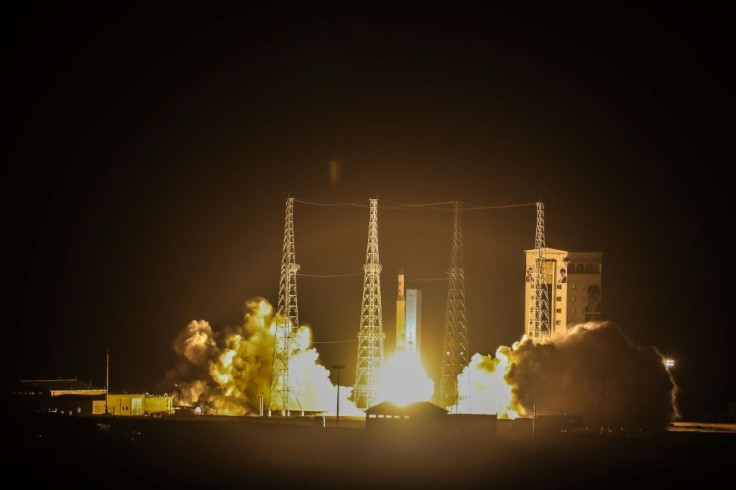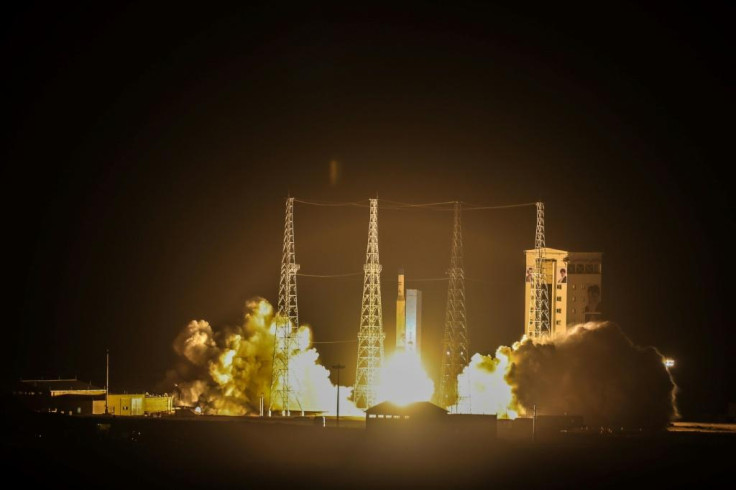Iran To Get Highly-Advanced Satellite Following A Deal With Russia

Russia is poised to supply Iran with an advanced satellite system that will improve the latter’s spying capabilities and help track potential military targets across the Middle East and beyond, a report said. The revelation comes ahead of President Joe Biden’s highly-anticipated first meeting with his Russian counterpart Vladimir Putin in Geneva, Switzerland, on June 16.
The Washington Post report Thursday, citing current and former U.S. and Middle Eastern officials with knowledge of the arrangement, said that the plan would allow Iran to acquire a Kanopus-V satellite built with a high-resolution camera that would make it possible for the country to continuously monitor facilities including Persian Gulf oil refineries, Israeli military bases, and Iraqi barracks.
The satellite will be launched in Russia and boasts of Russian hardware equipped with a camera with a resolution of 1.2 meters, a current and a former U.S. official as well as a senior Middle Eastern government official said, according to the report.
This marks a “significant improvement over Iran’s current capabilities, though still far short of the quality achieved by U.S. spy satellites or high-end commercial satellite imagery providers,” said the officials briefed on the sale.
They added that the new satellite would enable Iran “to spy on locations of its choosing, and as often as it wishes.” The launch could happen within months.
A Middle Eastern official familiar with the satellite’s hardware package was cited as saying by the daily that the satellite is high-resolution and “very good for military aims.”
Though the Kanopus-V satellite is marketed for civilian use, leaders of Iran’s Islamic Revolutionary Guard Corps have been negotiating the terms of the agreement with Russians since 2018. Officials told the Washington Post that recently, Russian experts came to Iran to train the local crew that would operate the satellite in a new facility in Karaj city.
Independent experts and analysts have raised concerns over Iran’s recent milestones in missile guidance systems. Some of them, according to the report, worry that Tehran is already producing an array of ballistic missiles and drones that can strike distant targets at precision, and better satellite imagery may make them more effective.
Other experts also revealed that Iran previously purchased high-resolution images from commercial satellite companies although its ability to gather real-time data about its military targets was limited.
Iran and the U.S. are also engaged in indirect talks for a return to a 2015 nuclear deal, a Reuters report said.
The Geneva meet between the U.S. and Russian presidents comes at the heels of Biden’s first overseas trip since he assumed office. Biden had previously met with Putin during his term as vice president in 2011. The meeting is expected to iron out pressing issues between the two governments.
"We intend to discuss the state and prospects of further development of Russian-American relations, problems of strategic stability, as well as topical issues on the international agenda, including interaction in the fight against the coronavirus pandemic and the settlement of regional conflicts," Kremin recently said in a statement cited by CNN.

Photo: IRANIAN DEFENCE MINISTRY / -





















